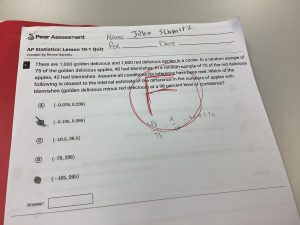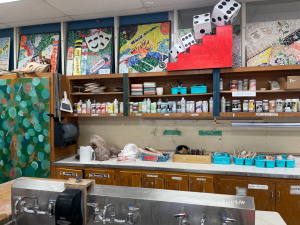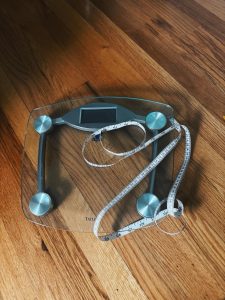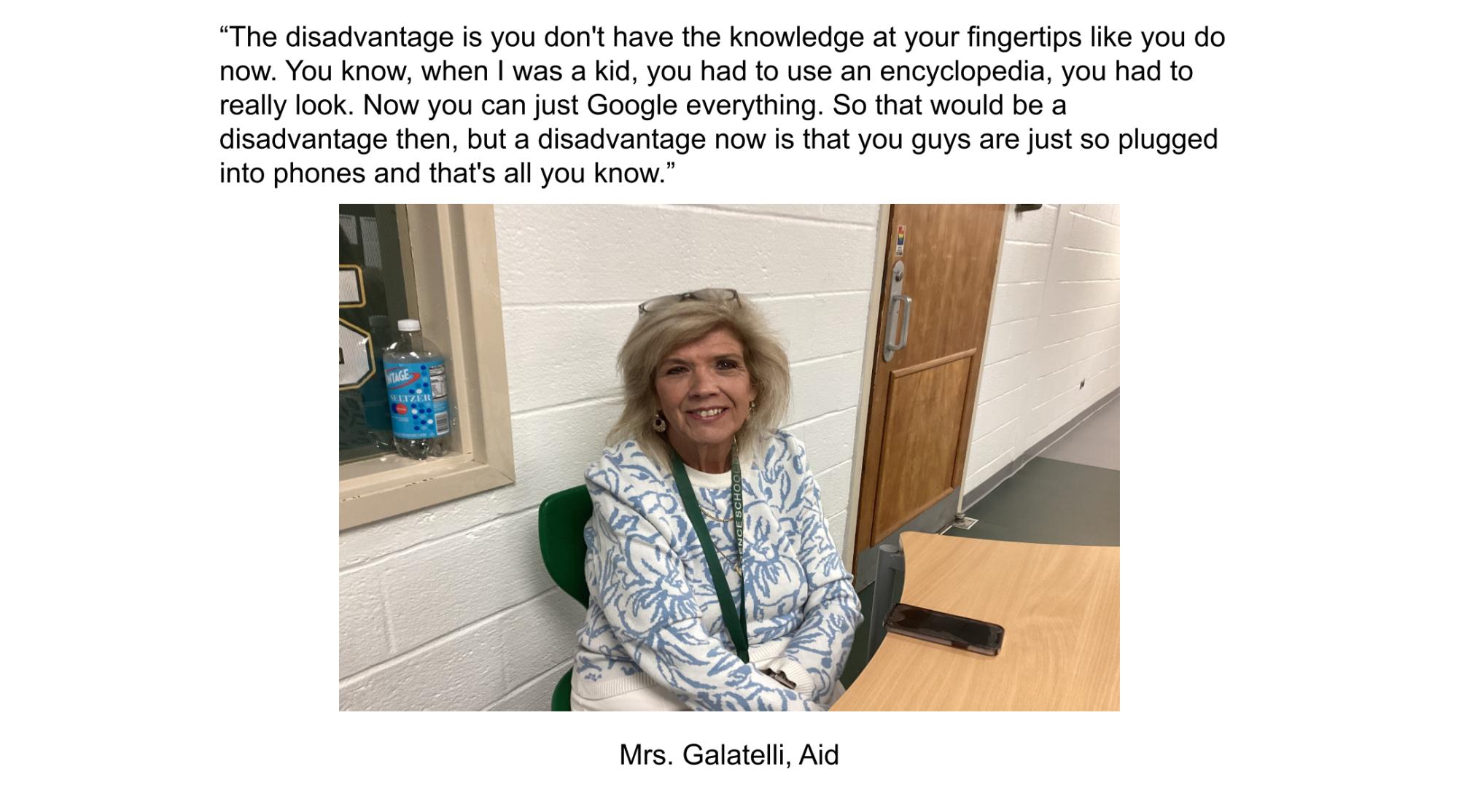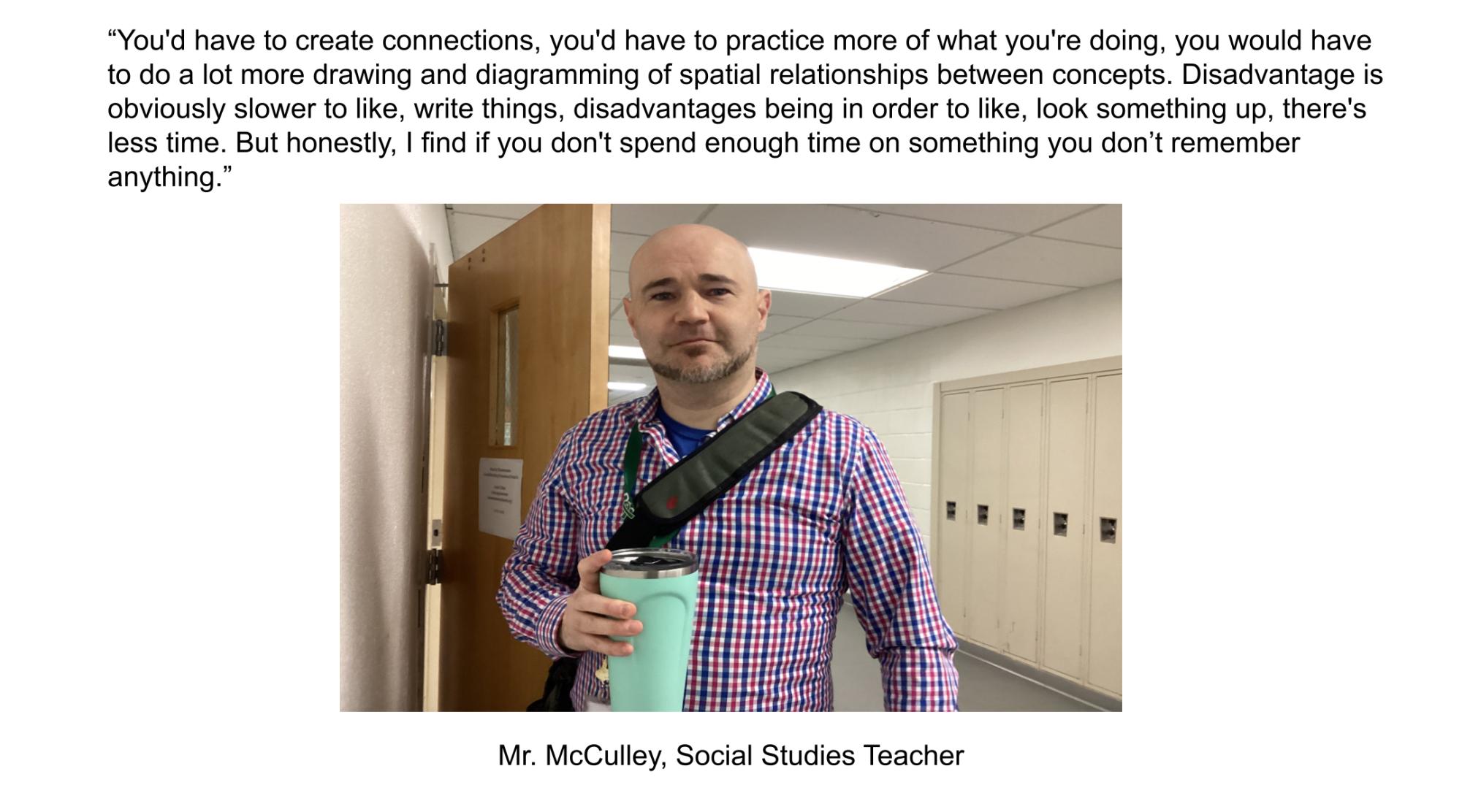Are Students at NPHS More Focused on Grades Than Learning?
December 13, 2022
Imagine that it is the day after a big test. You watch as the teacher strolls around the classroom, passing back what remains of all the time and effort it took studying and preparing. The first thing that catches your eye is the bright red letter staring back at you. The only thing that crosses your mind is how this test will affect your overall grade in the class.
Just about every student in the nation has had that exact experience, or something similar. The measure of achievement across most schools is the grades students receive. The weight these grades carry is tremendous, and as students continue through high school, the pressure to maintain good grades becomes even greater. Many students agree that they are more focused on rewards and punishments (namely, grades) and less on learning.
Grades are an essential part of schools, without which, students would not be able to determine their GPA or how well they are doing in each class. However, the pressure to get good grades due to factors like college admissions, parents, personal goals and self-worth can be overwhelming. For many students, school is more grade-focused than learning-focused. Students’ opinions towards these grades are a response to the structure of our education system. They concentrate on the reward of an “A” or the punishment of an “F,” instead of how to grow and improve as a student.
Every grade counts towards the student’s overall GPA, which matters for internships, college admissions, job applications, and beyond. Since so much depends upon high school grades, parents put a lot of pressure on their children, which only increases the stakes. Since their parents value good grades highly, many students use grades as a barometer of their intelligence.
Alyssa Czar, an NPHS junior, believes that the reason grades remain the focus in schools is that they are what colleges look at in the admission process.
“My main concerns when it comes to the grades I get are college-related. A lot of colleges heavily consider your overall GPA during the admissions process,” she said.
While some students are passionate about learning and can learn and get good grades, more often than not, they don’t care as much about the curriculum itself but rather how to pass the class. Therefore, the value of education is forgotten, with students more focused on pleasing teachers and parents with the GPA on their report cards rather than being educated.
Students with lower grades also tend to have lower self-esteem, according to several studies published by the National Library of Medicine. The emphasis placed on grades in the American educational system pushes many students to a point where they forget grades do not define them. Value now comes from the number of “A’s” achieved. Additionally, New Providence High Schoolers of all grades say that their grades affect their stress level.
“Mainly, I find that my stress levels during school are a lot higher when I have big projects and tests,” said Natasha Grandov, NPHS junior.
Some have made the argument that under certain circumstances, the grade they receive is not a fair indication of what they know. In some ways, our current education system is based on memorization rather than long-term knowledge and creativity. Students memorize what they need to know to pass a test or receive a certain grade, and then forget everything the next day.
“I am more likely to remember the grades I received in each class rather than what I learned from them. It’s easy to hyper-fixate on the result rather than how I got there,” said Czar.
Most students are afraid to speak up, ask questions, and make mistakes for fear that it will impact their grades. Learning should be a priority in schools and a place students are free to make mistakes and focus on learning without the fear that it will negatively impact their future. When real learning occurs, the grades will follow.


